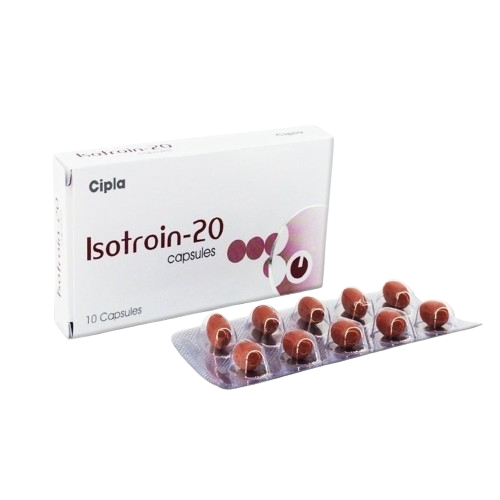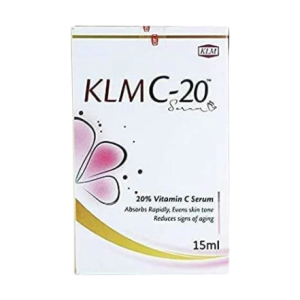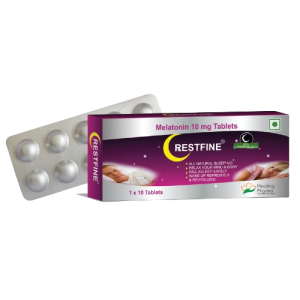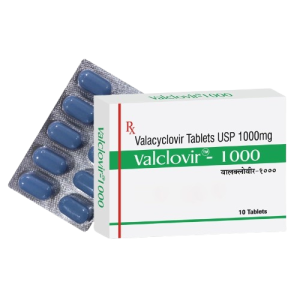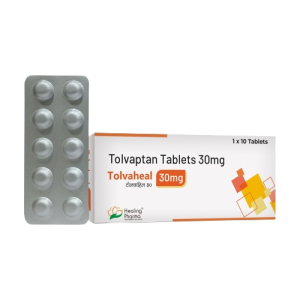Description
Isotretinoin 20 mg Capsules – Oral Treatment for Severe Acne
Isotretinoin 20 mg is a prescription-strength oral retinoid used to treat severe nodular acne that hasn’t responded to other treatments like antibiotics or topical therapy. It works by shrinking oil glands, reducing sebum production, and preventing clogged pores that lead to acne breakouts.
Key Benefits:
- Clinically proven to clear severe, persistent acne
- Reduces oil (sebum) production at the root level
- Prevents future breakouts and acne scarring
- Often results in long-term remission after one treatment cycle
- Helps improve skin texture and reduce inflammation
How to Use:
Take Isotretinoin 20 mg exactly as prescribed by your dermatologist. Typically taken once or twice daily with food. A treatment cycle may last 15–20 weeks depending on acne severity and response. Regular blood and pregnancy tests are required during treatment.
Precautions:
- **Do not use during pregnancy** – high risk of birth defects
- Women must use two forms of contraception during and after therapy
- Common side effects include dry lips, skin peeling, and sun sensitivity
- Avoid alcohol and vitamin A supplements during treatment
- Monitor liver function and lipid levels regularly
Storage Instructions:
Store below 25°C in a dry, cool place. Keep away from direct sunlight and out of reach of children. Do not use if the capsule is leaking or broken.
Frequently Asked Questions (FAQs)
1. What is Isotretinoin 20 mg used for?
It is used to treat severe cystic or nodular acne that hasn’t improved with other medications. It targets the root causes of acne, including oil production and clogged pores.
2. How long does it take for Isotretinoin to work?
Most users begin to see improvement within 4–6 weeks, with maximum results around 16–20 weeks of consistent use.
3. Can Isotretinoin be used for mild acne?
No. It is only prescribed for severe or scarring acne unresponsive to other treatments due to its potential side effects.
4. What are the most common side effects?
Dry skin, chapped lips, sun sensitivity, and temporary acne flare-ups. Serious side effects may include liver issues or mood changes, which require immediate medical attention.
5. Is Isotretinoin safe during pregnancy?
Absolutely not. It is highly teratogenic (causes birth defects). Women must use two effective birth control methods and undergo monthly pregnancy testing.
6. Can I drink alcohol while on Isotretinoin?
It is best to avoid alcohol as both can strain liver function. Your doctor will monitor your liver enzymes during treatment.
7. Will my acne come back after stopping treatment?
For many users, Isotretinoin provides long-term or permanent clearance. However, some may need a second course or maintenance treatment depending on skin type.

